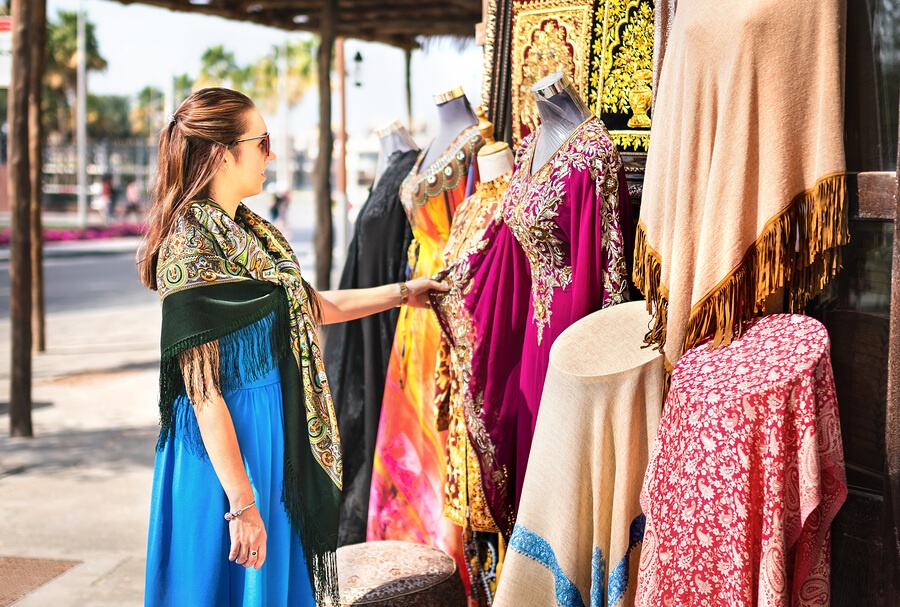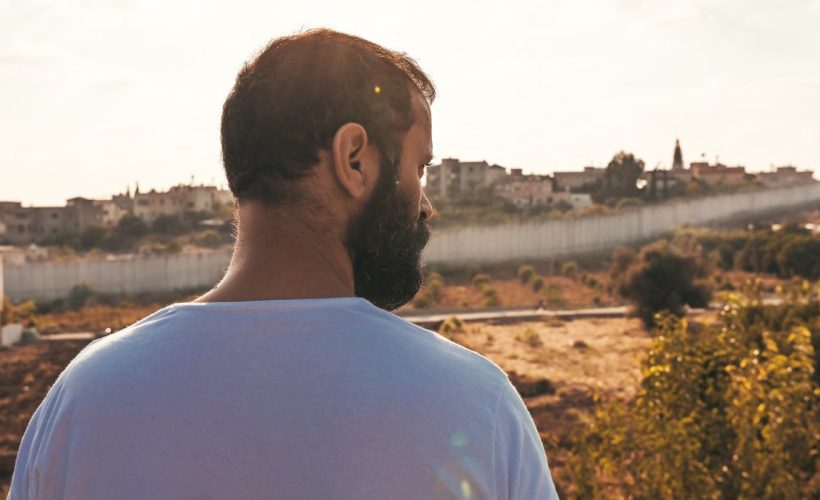Society
12.18.2019
10 expressions to know if you travel to the Middle East

Yalla Bye! This expression is certainly one of the most common when you travel in the Middle East. From Cairo to Beirut, Amman and Dubai, it is common to mix Arabic with English, and sometimes even French as in the case of Lebanon. This sentence is not only a way of saying goodbye, but can […]
Yalla Bye!
This expression is certainly one of the most common when you travel in the Middle East. From Cairo to Beirut, Amman and Dubai, it is common to mix Arabic with English, and sometimes even French as in the case of Lebanon. This sentence is not only a way of saying goodbye, but can also reflect a certain eagerness, a way of saying ”let’s go”.
Ahla w Sahla/ Ya hala!
Often pronounced with great enthusiasm, this formula which is common in the Arab world, can be addressed to you by the customs officer at the airport, the seller of a shop, as well as by your friends. It is also sometimes used as a way to say “you’re welcome” to a person you thank for a service.
Sahtein/ Sa77a
Literally translated as “have a good meal”, this expression is a kind of “mantra” in the Middle East where people repeat it frantically during meals. Whether it is a restaurant waiter or your host if you are invited for dinner, you will hear it regularly at the table. Before, during and even after the meal, especially if your host watched you enjoy yourself. While “Sahtein” is used more in the Levant countries such as Lebanon, Syria and even Jordan, in the Gulf countries and Saudi Arabia it will be more common to hear “Sa77a”.

Ya3nee
This word very common in Arabic conversations comes from the verb “mean” but is the equivalent of “you see” or “I mean” in english, and often comes in a discussion as a support for an explanation.
Khalas
Literally, this word means “finished” or “stop”. It can be heard in a lively discussion between two people when one person indicates to the other his or her desire to stop the conversation, but it can also mean that someone has completed an activity such as eating for example.
Ya3tik al 3afya
Meaning “May God give you health”, this sentence is a way to say “thanks a lot” in a very respectful way. It is common to hear it by people who want to show respect to the military while passing the checkpoints or the taxis users to the driver.
Salamtak/Salamtek
It is a polite formula that you will surely hear if you are ill. Translated as “your health”, it is a mean of wishing you a good recovery.

W ich da el zein/ Helwe metel qamar
This expression is commonly used to compliment the charms of a beautiful person in the Arab world. It is not uncommon to hear it when you walk alone in the souks of Cairo or in Beirut’s taxis. When the first one is mostly found in the Gulf countries and Saudi Arabia, the second one is more common in the Levant region.
Btrou7 or terja3 bil salame
You may have already heard it at Beirut airport or on a station platform in Alexandria. Literally, this sentence means “Go and come back healthy” and is commonly used to wish someone a safe journey.
Ma fi mouchkleh/machakal
Pronounced with a certain nonchalance, this sentence means “there is no problem” in Arabic. It is the equivalent of “no problems” or “no worries” and expresses that something is not important in the eyes of the person saying it.
popular

